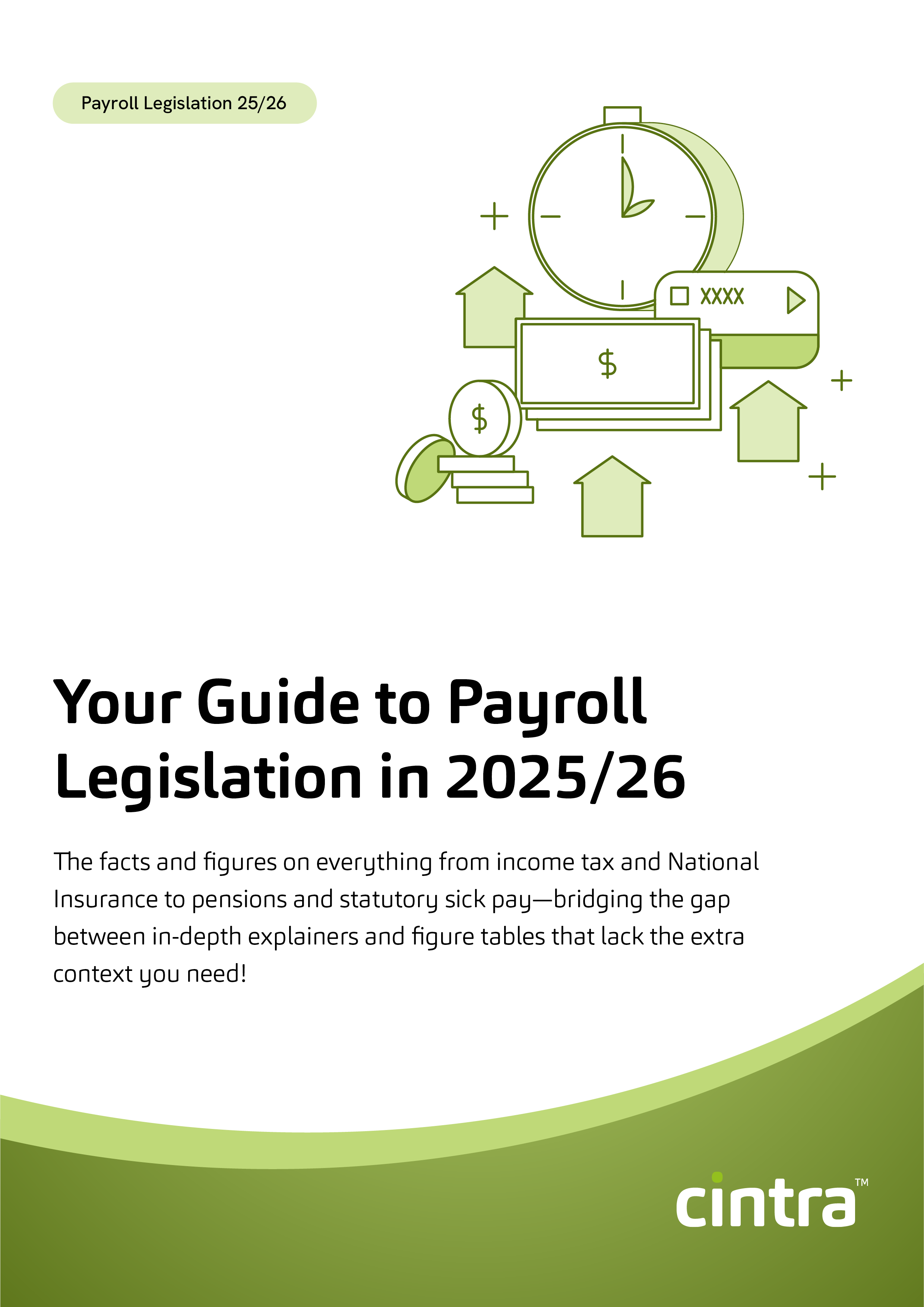A “legislative anomaly” could prove disastrous for businesses which rely heavily on part-time workers, and payroll workers need clarity and guidance.
It didn’t seem especially controversial when the Supreme Court gave its verdict in the case of Harpur Trust v Brazel. A music teacher engaged on a zero-hours contract worked term times with a school which calculated her holiday pay on a pro-rate percentage basis. The teacher claimed she was entitled to 5.6 weeks’ leave in a leave year under the Working Time Regulations. The matter went all the way to the Supreme Court, where her claim was upheld.
The effect of the judgement was that part-year workers are entitled to receive a full 5.6 weeks of statutory holiday pay. That’s potentially a lot of extra holiday entitlement for a lot of workers and confirmed that there is nothing in law to prevent a part year worker being treated more favourably, from a leave perspective, to full year equivalents.
According the Department of Business, Energy and Industrial Strategy, up to half a million part year and zero-contract workers will be entitled to extra holiday. More than a third of those work in education.
Speaking to People Management, Paul Ball, employment partner at Gateley Legal, said that he believed the Supreme Court case caused problems for employers with a large number of part-year workers, with those employing staff over the shortest period hit hardest. “If a permanent employee worked only one week of the year and earned £1,000, they would be entitled to 5.6 weeks annual leave, for which they would be paid £5,600 under the Brazel judgement,” he said.
Consultation to fix “mess”
At a time when businesses are fighting for every last penny, that seems rather absurd. The government clearly agrees, which is why it has announced a consultation to fix what is referred to in the People Management article as a “legislative anomaly”.
The fix would see a 52 week period for entitlement that mirrors the way holiday pay is calculated. The move has been seen by many as sensible, although Contractor UK is quick to point out that this is a “mess” of the government’s own making.
One pay group head told Contractor UK: ““A consultation regarding holiday pay…is much-needed [but] I don’t think I have ever seen [any policy area] in such a mess.”
Andy Chamberlain of the Association of Independent Professionals and the Self-Employed said the government had been far too slow to act.
Payroll departments confused
According to research by employment law advisor WorkNest, 88% of employers don’t understand the full ramifications of Harpur Trust v Brazel. Busy HR and payroll departments eagerly await clarification and simplification of the position now, while employers will be just as eager to see changes that remove this potentially costly and divisive anomaly.
If you struggle to keep pace with changing legislation, outsourcing your payroll to Cintra can remove that (and many other) headaches. Find out more


